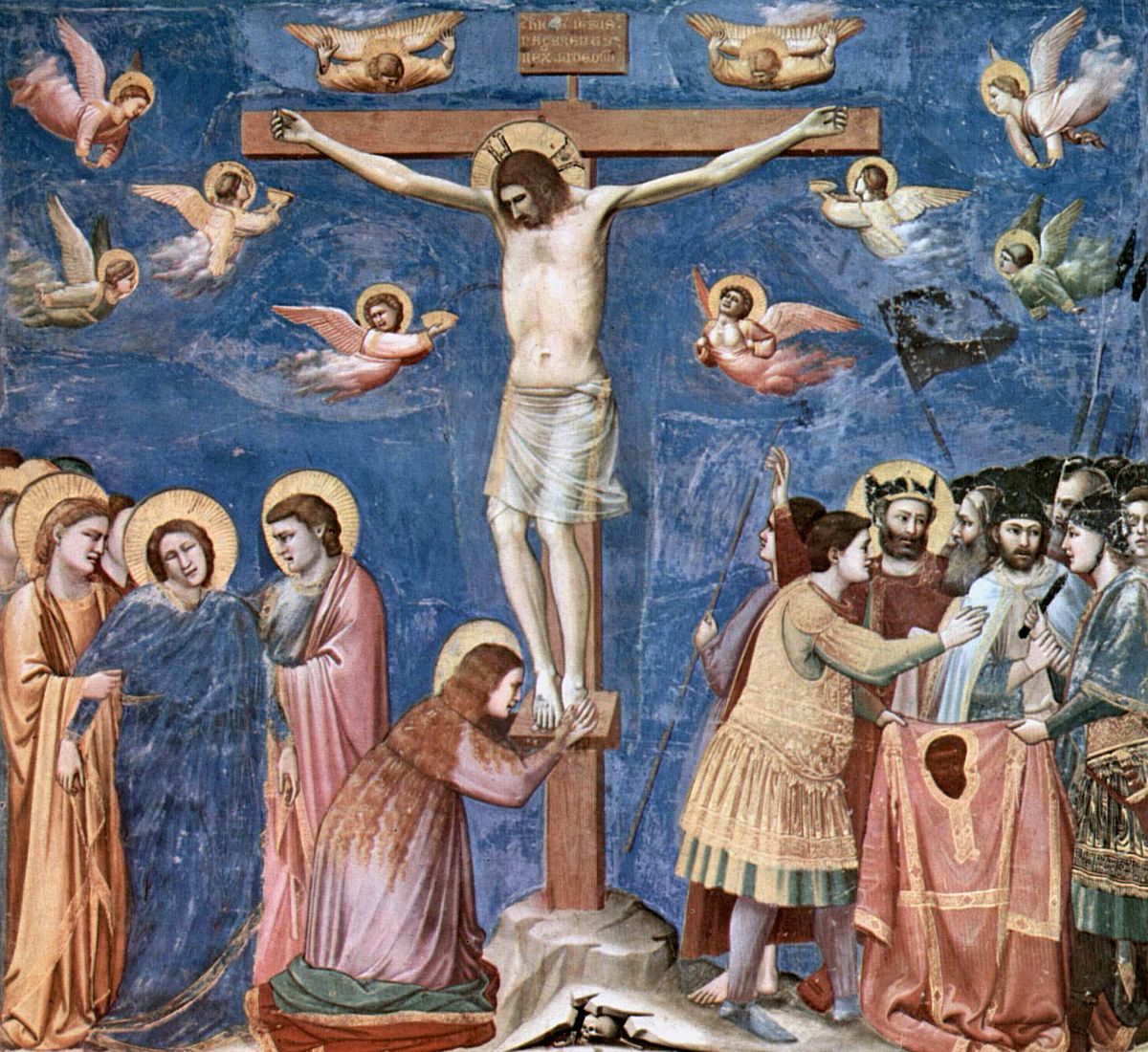
Had Mary no other cause for grief than this: that
she saw her Son face to face in the hour of his final torment and suffering?
Must we limit the action of the mystical sword that pierced her heart—of all
human hearts the tenderest—to her Lord's crucifixion? No; Simeon certainly had
far more than that in view. Under the one word "sword" he included,
and left for our contemplation, all the many strains and stresses, every moment
of anguish that the mother. suffered on her Son's behalf.
What Christ says of all the elect—In the world, you will only find tribulation—applies to Mary as well as to the rest of us. Her whole life was full of toil and trouble, danger and affliction, their purpose being to make her surpassing virtue yet more pleasing to God and men. The heavier her cross on earth and the oftener she bore it with her Son and for his sake, the greater her happiness would be in heaven.
For Son and mother alike the way to glory lay through the cross. The more closely the mother shared the sufferings of her crucified Son, the greater would her happiness be when afterwards she came to share his kingdom. After all, the practice of true charity does require us to rejoice with those who rejoice and mourn with the mourner. So, Paul tells us in one of his epistles, and his own life bars him out. Christ would not have us to be unfeeling, insensitive, devoid of all human sympathy: he likes us to be mild, compassionate and approachable, as he is himself—and no wonder, as he was born of that gentlest of creatures, the Virgin. He wants us to promote the good of others with all our hearts and rejoice when they gain an advantage; he would have us mourn their misfortunes as though they were our own.
Moreover, given the pity she felt for her native land and its people, Mary could not help grieving intensely when she saw such clear and unmistakable signs of obstinacy in the Jews and especially in their magistrates. She realized how monstrously stubborn they were; she saw how the mass of the people basely rejected the preaching of Christ's gospel and how the Messiah, though present among them, was more and more received with impiety and ingratitude. They had heard her Son preach so many sermons and seen him work so many miracles, yet hardly any of them acknowledged him as their Messiah and showed themselves worthy of his grace. The very sincerity and ardor of her love for Christ and her longing to see about her every form of that holiness which the gospel had made known to men, increased her grief and sorrow at their treatment of him.
By the image, then of the sharp sword, it was foretold to Mary in the Temple what cruel sorrows and diverse pains of mind she was to suffer for her Son's sake at many points in her life and particularly as the time of his death approached. Is it not obvious that the prophecy was fulfilled to perfection?
No comments:
Post a Comment